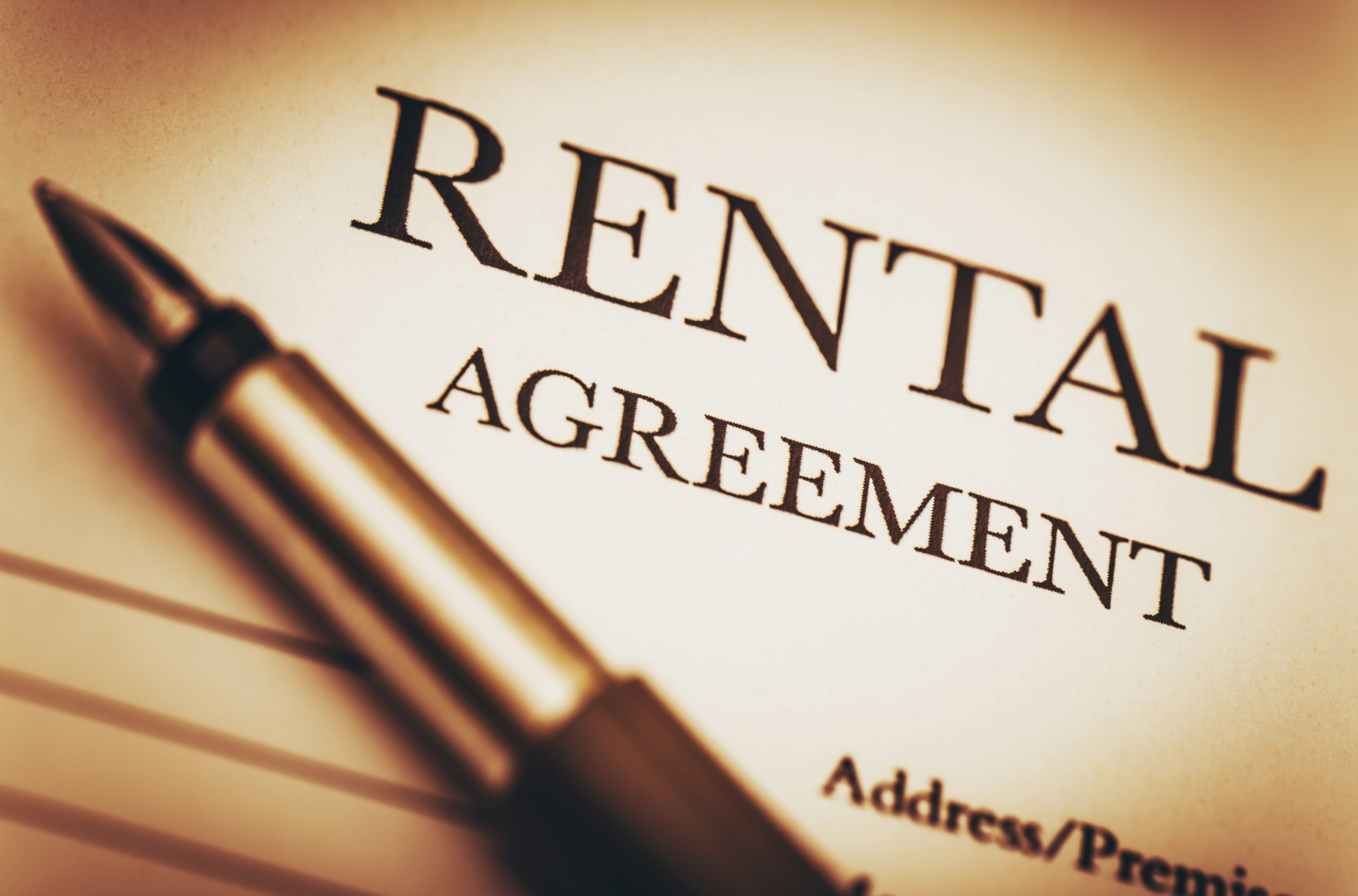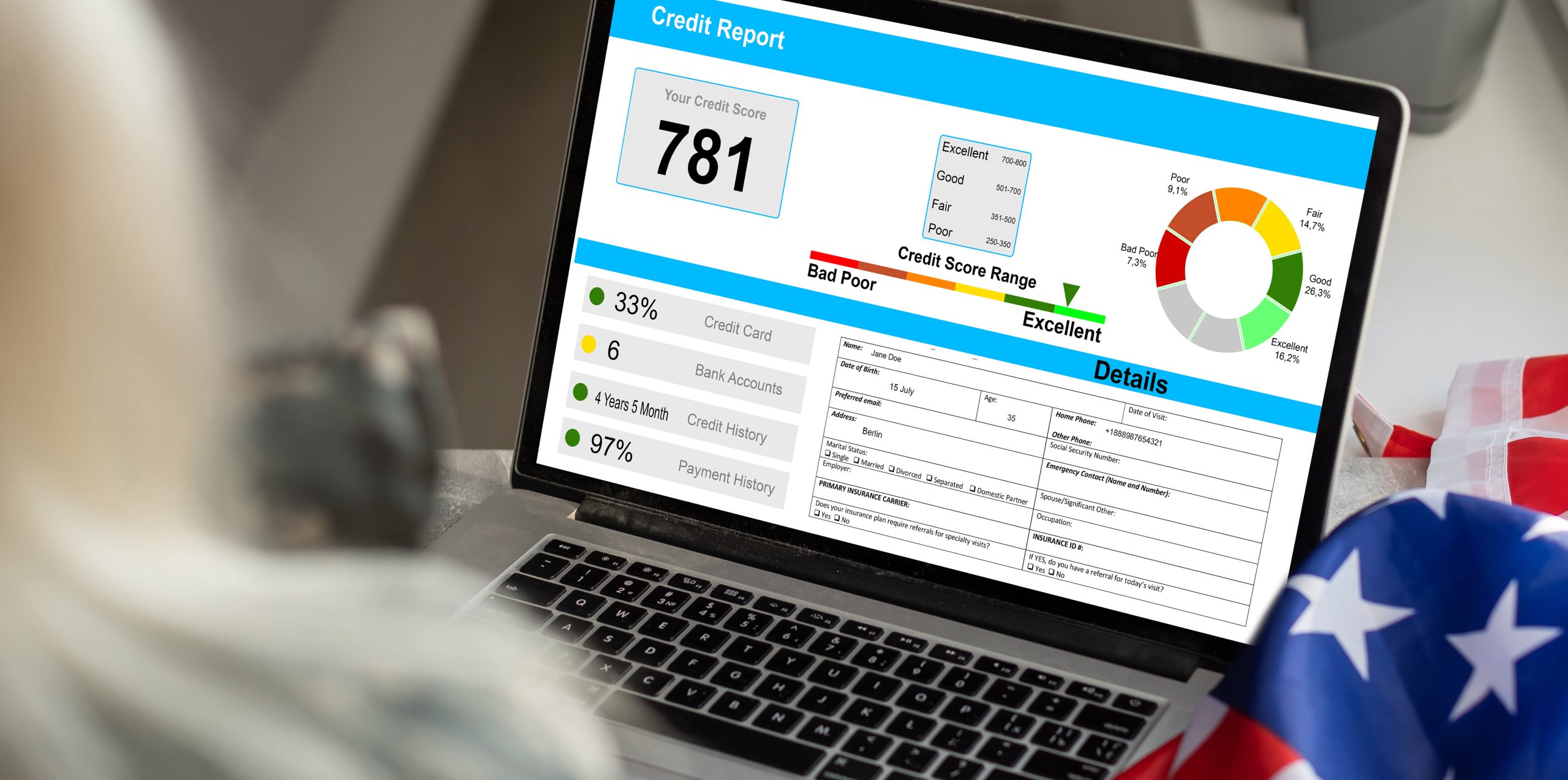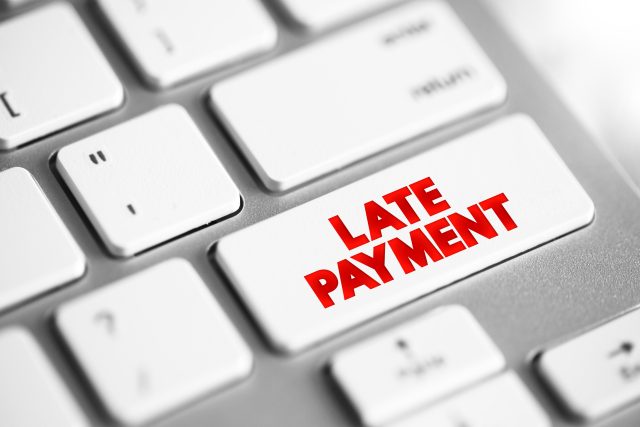Key Things to Know When Renting for the First Time
If you’re an immigrant in the USA renting for the first time, there are several important things you need to know to make the process easier and smoother. Here’s a guide with key points:
1. Understanding Lease/Rent Agreements
A lease is a legal contract between you (the tenant) and the landlord. It outlines the terms, rent amount, and responsibilities for both parties. Leases typically last for one year, though some can be month-to-month. Make sure to read the entire lease before signing. Pay attention to the start and end dates, rent payment terms, and any rules regarding pets, noise, or guests.


2. Credit History and Background Check
Landlords in the U.S. often perform credit checks and background checks. A good credit score is very important in securing a rental, but if you don’t have a credit history in the U.S., the landlord may ask for other documentation. You might need to provide a co-signer or guarantor (someone who guarantees your rent payment if you can’t pay) if you don’t have U.S. credit history.
💡 Pro Tip: References from previous landlords (in your home country or the U.S.) may help strengthen your application.
3. Security Deposit
Most landlords require a security deposit, which is typically one month’s rent. This deposit is refundable at the end of your lease, provided there’s no damage to the property or unpaid rent.
💡 Pro Tip: Make sure to take photos of the apartment when you move in to document any existing damage. This can help you avoid losing part of your deposit when you move out.

4. Proof of Income
You’ll likely need to provide proof of income (such as pay stubs, bank statements, or a letter from your employer) to show that you can afford the rent. If you are self-employed, you might need to provide tax returns or business income records.
⚠️ All documents you provide must be current and up-to-date.

5. Renting Costs
The rent is usually paid monthly, but some landlords may require first and last month’s rent upfront, along with the security deposit. Rent can typically be paid by check, bank transfer, or online payment. Confirm with your landlord or property manager the preferred method.
🚨 Pro Tip: Be sure to understand what is included in the rent (such as utilities like water, gas, and electricity) and what isn’t. Some rentals include certain utilities, while others leave it up to you to pay them separately.
🚨 Pro Tip: Make sure to always pay your rent on time. Late payments could result in fines or even eviction.
6. Tenant Rights and Responsibilities
You are responsible for paying rent on time and keeping the property in good condition. Landlords are required to maintain the property and address issues like plumbing or heating problems.
😊Pro Tip: If something breaks, not because of you, notify the landlord immediately. They are responsible for fixing or replacing it.
💡Pro Tip: Good communication with your landlord is key. If you have concerns about it, keep records of all communication (emails, letters, etc.) in case of disputes later on.
7. Local Laws and Regulations
Each state and city may have specific rules and regulations regarding renting. It’s important to understand these local laws so you can avoid conflicts with your landlord or neighbors.
🚨Pro Tip: Some areas have rent control laws, which limit how much rent can be increased. …yes, the rent increases annually.
8. Finding the Right Place
Consider your budget, the location, and whether the property is near important amenities such as public transportation, grocery stores, and schools (if applicable). Use trusted rental websites and work with real estate agents or property managers if needed.
By understanding these key points, you can confidently navigate the rental process and find a place to call home in the U.S. .

